UScholars Administrative Staff
The UScholars Administrative Staff handles the day-to-day operations of the program, including program evaluation, communications and media, admissions and grant applications, and Scholar activities, including the organization of Friday Lunch Talks and Peer Mentor Groups.
- Dr. Alain Plante, Faculty Director
- Ms. Taryn Painter, Program Coordinator
- Ms. Amritha Venkatesh, Graduate Fellow
UScholars Faculty Council
The University Scholars Faculty Council is a committee of faculty dedicated to supporting independent undergraduate research in the University Scholars Program. The committee is charged with reviewing applications and performing interviews for entry into the program, reviewing funding applications within the program, and serving as a resource to assist students in navigating the rich research environment at Penn. See below to read more about each council member's research interests and role in supporting University Scholars.
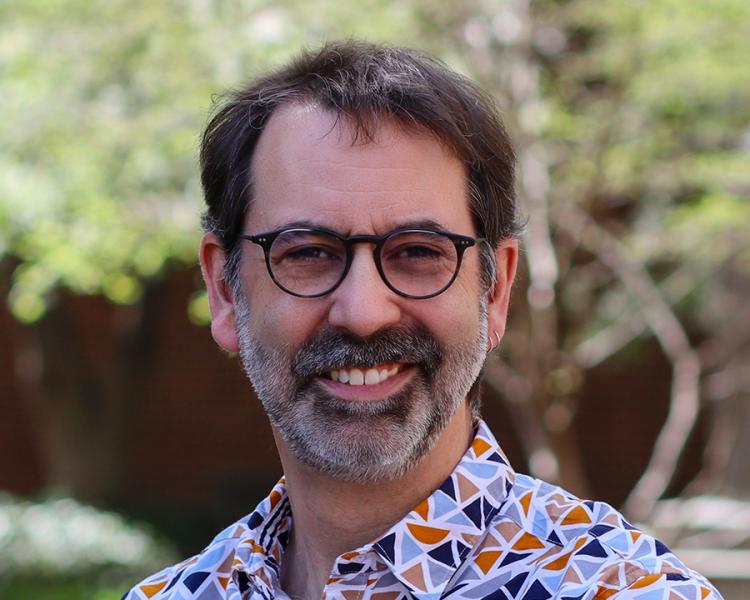
Dr. Alain Plante
Faculty Director, University Scholars
Alain Plante received his Ph.D. in Soil Science from the University of Alberta, in Canada. His research interests lie in the field of terrestrial carbon biogeochemistry, soil science, ecosystem ecology, environmental science and global change. He teaches a large introductory course in environmental science, and courses in soil science, biogeochemistry, and the Anthropocene. Prof. Plante is increasingly curious about the contributions of methods of knowledge generation outside of science to environmental problems, and completed an MPhil degree program in 2024 in the field of environmental humanities. As Faculty Director of the University Scholars, Prof. Plante seeks to foster a passionate fellowship of undergraduates interested in conducting research in any field spanning the humanities, social sciences and natural sciences in all of the undergraduate schools. He helps direct programming through the academic year, coordinates the applications process into the program, and the funding of summer research projects.
Plante LabDr. Sarah H Kagan
Lucy Walker Honorary Term Professor of Gerontological Nursing
Sarah H. Kagan is the Lucy Walker Honorary Term Professor of Gerontological Nursing at Penn and Gerontological Clinical Nurse Specialist in the Joan Karnell Supportive Care Program for the Abramson Cancer Center at the Pennsylvania Hospital. She holds honorary international appointments in Nursing and in Public Health. These appointments, like her primary appointments at the University of Pennsylvania entail analysis and synthesis of considerations for aged populations, health, and well-being in later life, and improving clinical practice in health and social care to the benefit of older people and their families. Professor Kagan is Editor in Chief of the International Journal of Older People Nursing. She serves on the Editorial Boards of four other journals – Cancer Nursing, Cancer Care Research Online, Geriatric Nursing, and Research in Gerontological Nursing. Professor Kagan’s education and training includes a Ba chelor of Arts in Behavioral Science from the University of Chicago; a Bachelor of Science in Nursing from Rush University in Chicago; and a Master of Science in Nursing degree with a specialty as a Gerontological Clinical Nurse Specialist and PhD from the University of California San Francisco. Professor Kagan was named a John D. and Catherine T. MacArthur Fellow in October 2003 and received an Honorary Doctor of Science degree from Oxford Brookes University in June 2013.
Office hours: By appointment; email skagan@nursing.upenn.edu.
Faculty Page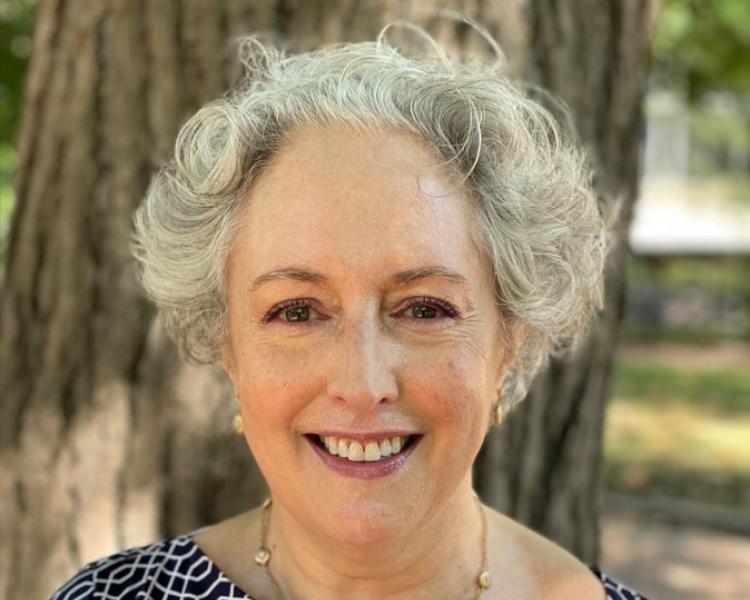
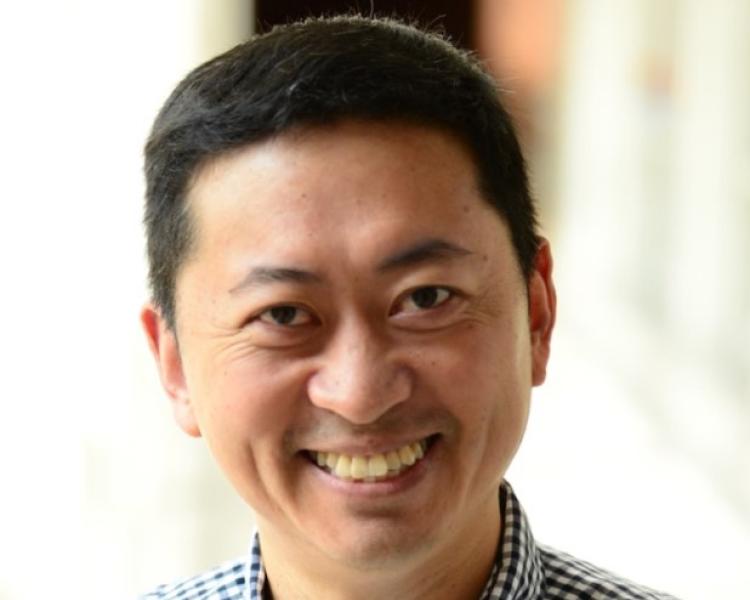
Dr. Zhaolan (Joe) Zhou
Professor of Genetics and Neuroscience
Zhaolan (Joe) Zhou is a Professor of Genetics and Neuroscience at the Perelman School of Medicine. He earned his Bachelor’s degree from Nankai University and Ph.D. from Harvard University. Since joining the Penn faculty, his research has focused on understanding the pathophysiology of genetic disorders affecting brain function, including Rett syndrome and CDKL5 deficiency disorder (CDD), autism with complex genetics, and major depressive disorder influenced by environmental factors. A recipient of the NIH BRAINS award and a Pew Biomedical Scholar, Dr. Zhou has led his team in developing the first allelic series of mouse models that replicate genetic mutations seen in Rett syndrome and CDD. His team has also engineered genetically modified mice to investigate stress-related neuroepigenetics and identified robust biomarkers. By integrating genetic, genomic, physiological, and behavioral approaches, the Zhou laboratory aims to uncover the underlying mechanisms of these disorders and develop effective therapeutic strategies. Dr. Zhou currently chairs the Graduate Program in Genetics and Epigenetics within the Cell and Molecular Biology Graduate Group at Penn and co-directs a graduate-level course on Neuroepigenetics. As a member of the University Scholars Faculty Council, he is dedicated to mentoring talented undergraduates, guiding them in conducting research across various scientific disciplines.
Faculty PageDr. Michael Lampson
Professor of Biology
Michael Lampson is a cell biologist with a research program spanning mechanisms of cell division, epigenetic inheritance, reproductive biology, molecular evolution, and development of chemical optogenetic tools to manipulate living cells. He teaches a large introductory biology course and a seminar course on topics related to chromosomes and the cell cycle.
Office hours: Lynch 204-I, by appointment; email lampson@sas.upenn.edu
Faculty Page

Dr. Heath D Schmidt
Professor and Killebrew-Censits Chair of Undergraduate Education
Dr. Schmidt earned his Ph.D. in Pharmacology and Biomedical Neurosciences from Boston University. Subsequently, he completed a post-doctoral fellowship at Yale University before joining the University of Pennsylvania as a faculty member. Dr. Schmidt’s research program uses a multi-disciplinary approach to understand the neurobiological mechanisms underlying motivated behaviors. Specifically, his team investigates how chronic exposure to drugs of abuse (cocaine, nicotine, and opioids) changes the brain to produce addiction-like behaviors in rodents. The ultimate goal of these studies is to advance our understanding of the neurobiology of substance use disorders (SUDs) and identify molecular substrates that could serve as druggable targets for novel approaches to treating SUDs. Dr. Schmidt’s preclinical studies have been translated into three clinical trials to date. Dr. Schmidt also directs and teaches a foundational course in advanced pharmacology in the School of Nursing. In addition, Dr. Schmidt provides a number of annual lectures to graduate students and residents in the Perelman School of Medicine. (On Sabbatical, 2025-2026)
Schmidt LabDr. Catherine Schrand
Celia Z. Moh Professor, Professor of Accounting
Professor Catherine Schrand’s research primarily focuses on risk management and disclosure. Her research has been published in top-tier academic journals including Journal of Accounting and Economics, The Accounting Review, Journal of Finance, Journal of Financial Economics, Review of Accounting Studies, and Contemporary Accounting Research. She is an associate editor of Journal of Accounting and Economics, Journal of Accounting Research, and Journal of Financial Services Research. She is the author (along with Patricia Dechow) of Earnings Quality, and of Understanding earnings quality: A review of the proxies, their determinants and their consequences (with Weili Ge and Patricia Dechow). In addition to doctoral level courses, she teaches an undergraduate elective on Financial Accounting. She has been actively involved in the accounting standard setting process through her past service on the Financial Accounting Standards Committee of the American Accounting Association and her involvement with the AAA/FASB Financial Reporting Issues Conference. She received her PhD from the University of Chicago in 1994 and her BBA from the University of Michigan. Before attending graduate school, Professor Schrand was a staff auditor and audit manager at KPMG Peat Marwick in Chicago and she is a Certified Public Accountant in Illinois.
Office hours: 1316 Steinberg-Dietrich Hall, Mondays 3:30-5
Faculty Profile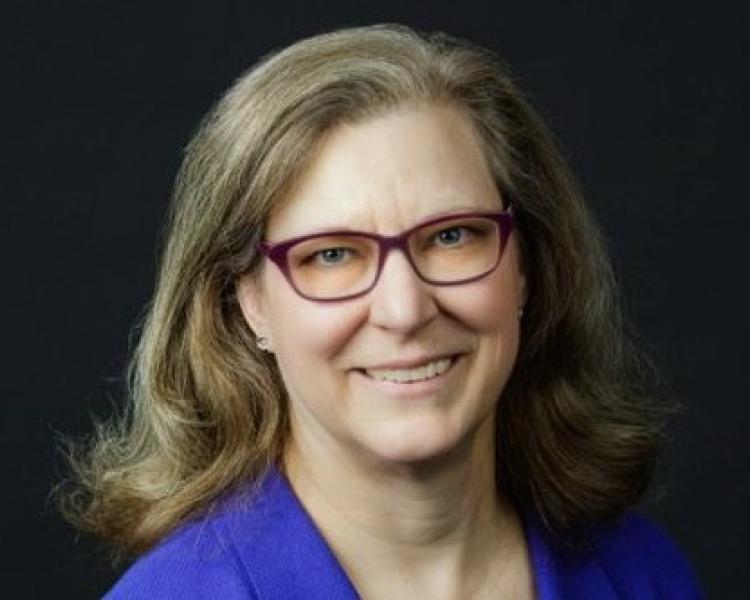

Dr. Theodore Schurr
Professor of Anthropology and the Director of the Laboratory of Molecular Anthropology
Theodore G. Schurr is Professor of Anthropology and the Director of the Laboratory of Molecular Anthropology at the University of Pennsylvania. For the past 35 years, he has conducted anthropological genetics research that combines fieldwork with laboratory analyses of DNA samples. Between 2005-15, he served as the Director of the North American Center of the Genographic Project, during which time his team conducted research with Indigenous and descendant populations from Canada, the Caribbean, Mexico and the United States. Other projects have investigated the population history of Australia, Kazakhstan, Melanesia, Pakistan, and Turkey. Among his current projects are a study of the genetic history of Georgia and the South Caucasus and an ancient DNA analysis of 18th century African descended individuals from Charleston, SC. Besides these anthropological projects, Dr. Schurr has explored the role of mitochondria in adaptation, aging, complex diseases, and metabolism in humans.
Office hours: Room 432 Penn Museum, by appointment; email tgschurr@sas.upenn.edu
Faculty PageDr. Ann Kuttner
Associate Professor, History of Art
Dr. Kuttner is interested in how things look and why, and how humans communicate visually using objects and images, buidlings and designed landscapes - and now, the internet. She loves history; she is interested in how different peoples and cultures interacted in the long past, and how empires and states emerge and disintegrate. Her specialty is Greek, Roman, Late Antique culture, that is, ca. 400 BCE-800 CE, with some early Islamic and Sasanian and `Classical reception' on the side. The parts of the world Dr. Kuttner especially studies run from the UK and Europe to Northern Africa and West Asia. She likes literature also and often works with texts about art in the ancient Mediterranean world. Dr. Kuttner was trained at Bryn Mawr and the University of California at Berkeley, after growing up in DC; she feel lucky to live now in one of America's great cities. What she most likes about Penn (among the best places in the US to study the ancient Mediterranean world, ancient Near East and Egypt) is how faculty and students can cross department lines and come together in all kinds of interdisciplinary communities. (And she loves the museums at Penn and in Philadelphia: go!)
Office hours: Jaffe 301, by appointment; email akuttner@sas.upenn.edu
Faculty Page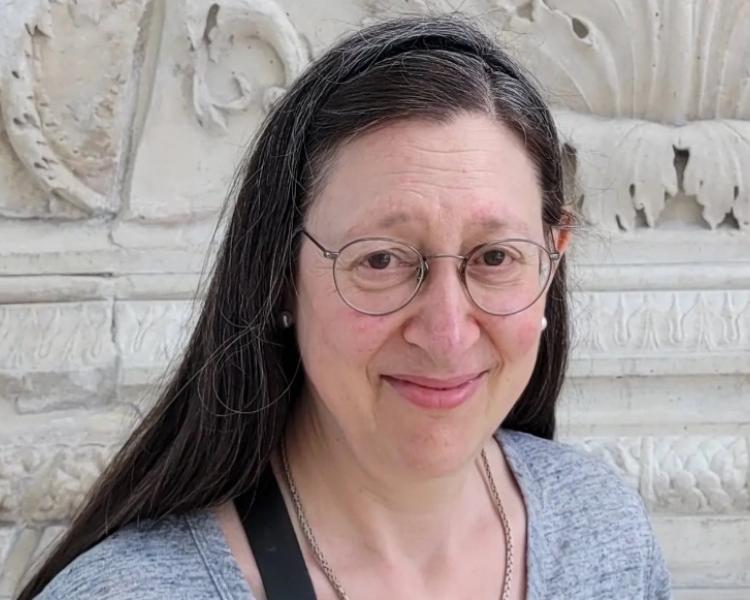

Dr. Charlie Johnson
Rebecca W. Bushnell Professor of Physics and Astronomy
A.T. Charlie Johnson received a BA from Stanford University, and MA and PhD from Harvard University, all in Physics. He was a European Union ESPRIT Postdoctoral Fellow at Delft University of Technology and a National Research Council Postdoctoral Research Fellow at the National Institute of Standards and Technology. He has been at Penn since 1994, leading a research group focused on nanostructure physics and nanoelectronics, with interests in the science and applications of carbon nanotubes, graphene, and other two-dimensional materials. Johnson has authored over 260 peer-reviewed articles and holds 23 awarded patents, with other patents submitted. He is a member of the Founding Editorial Board of AIP Advances and scientific founder of three companies, Graphene Frontiers, Adamant Technologies, and VOC Health.
Office hours: By appointment; email cjohnson@physics.upenn.edu
Dr. Michele Margolis
Associate Professor of Political Science
Michele Margolis' research focuses on public opinion, political psychology, and religion and politics in the United States. Her work has been supported by the National Science Foundation; published in journals such as American Journal of Political Science, Electoral Studies, Journal of Experimental Social Psychology, Journal of Politics, Political Behavior, Public Opinion Quarterly, and Politics and Religion; and featured in news media outlets including The Atlantic, The Daily Mail, The Fiscal Times, FiveThirtyEight, Huffington Post, Gallup, The Los Angeles Times, New York Magazine, The New York Times, USA Today, and The Washington Post. Her book, From Politics to the Pews, was published by the University of Chicago Press in 2018 and received the Distinguished Book Award from the Society for the Scientific Study of Religion in 2019. In 2023, Michele received the Emerging Scholar Award given by the Elections, Public Opinion, and Voting Behavior (EPOVB) section of the American Political Science Association (APSA).
Faculty page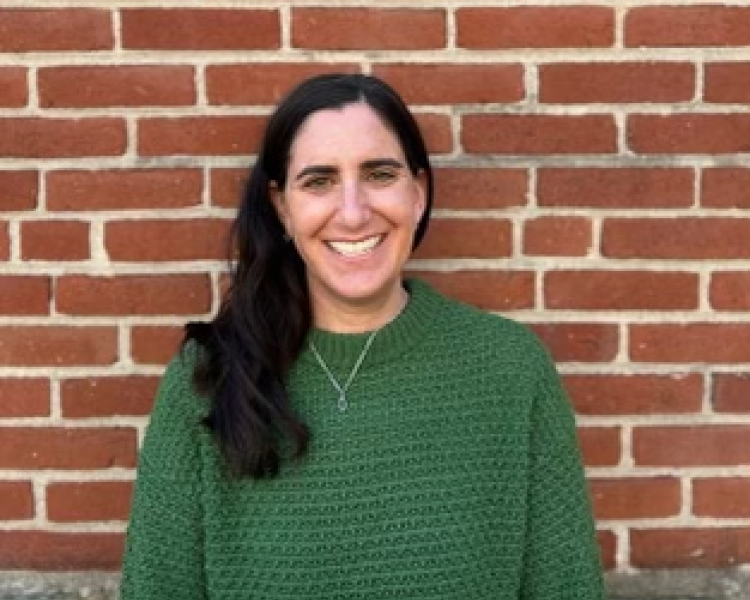

Dr. Emma Hart
Roy F. and Jeannette P. Nichols Professor of American History, Richard S. Dunn Director of the McNeil Center for Early American Studies
Emma is a historian of Britain and its North American colonies with a deep interest in what unites and divides the peoples, past and present, of this English-speaking Atlantic world. The author of two books and numerous scholarly articles, she has used her research to explore urban development and the origins of capitalism in those North American colonies that would eventually revolt against Britain to form the United States. Having relocated from Scotland to UPenn in 2021, Emma loves being close to Philadelphia's many historical archives, which are treasure troves of information about the American past. Both as the Director of the McNeil Center for Early American Studies, and as a history professor, she is committed to helping undergraduate students access these treasures so as to appreciate how important the study of America's past is to the understanding of our present.
Faculty Page